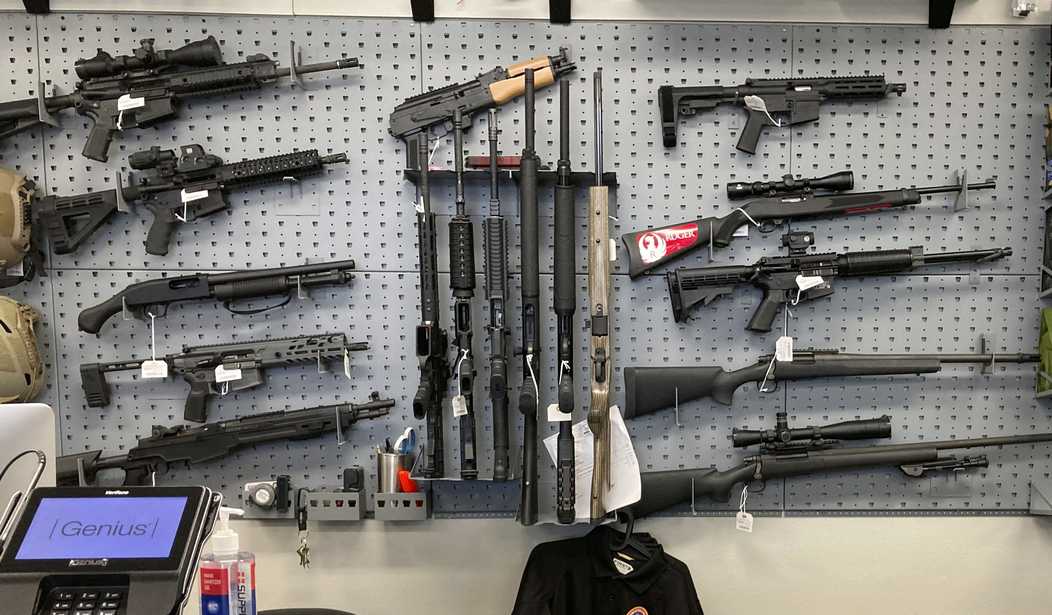At this point, I think there’s more litigation taking on the state’s new ban on “assault weapons” and “large capacity” magazines than there are sheriffs who say they’ll strictly enforce the new law. In addition to another state-level lawsuit filed by Illinois attorney Thomas DeVore that features more than 1,000 plaintiffs, two more complaints have been filed in the U.S. District Court for Southern Illinois; one on behalf of the Illinois Gun Rights Alliance and the second brought by the National Shooting Sports Foundation along with the National Rifle Association.
The new litigation features some heavy hitters at the helm, with California Rifle & Pistol Association president and Second Amendment attorney C.D. “Chuck” Michel serving as lead counsel for the ILGRA lawsuit. The NSSF suit, meanwhile, is being overseen by former Solicitor General Paul Clement, who was the lead attorney in New York State Rifle & Pistol Association v. Bruen; the case that led to SCOTUS overturning the “may issue” carry laws in New York and several other states last year.
The two lawsuits may feature different plaintiffs, but the arguments they raise in opposition to the state’s new ban on modern sporting rifles and “large capacity” magazines are very similar. Both allege that the sweeping bans approved earlier this month target arms that are commonly owned by law-abiding citizens, and are therefore protected by the Second Amendment. Here’s a portion of Clement’s opening argument in the initial complaint:
HB 5741 takes the radical step of banning nearly every modern semiautomatic rifle—the single most popular type of rifle in the country, possessed by Americans in the tens of millions. Indeed, Americans buy more of the most popular type of semiautomatic rifle (the AR-15) each year than the most popular type of automobile (the Ford F-150), and there are more AR-15-style rifles in private hands in America today than subscribers to all daily newspapers nationwide combined.
Almost no other state in the union has ever tried to adopt such an extreme measure—and for good reason, as no less an authority than the Supreme Court has already recognized that semiautomatic rifles “traditionally have been widely accepted as lawful.” Staples v. United States, 511 U.S. 600, 612 (1994).
All of that dooms any effort to claim that prohibiting these ubiquitous arms is consistent with “the historical tradition that delimits the outer bounds of the right to keep and bear arms.” Bruen, 142 S.Ct. at 2127.
It’s hard to argue that the arms banned by Illinois are “dangerous and unusual” and therefore aren’t protected by the Second Amendment when they’re more commonly-owned than the most popular truck in America, and more widely purchased than newspaper subscriptions. The same holds true for the ban on “large capacity” magazines, which Clement notes are owned by tens of millions of Americans. In fact, acccording to the NSSF lawsuit, there are approximately 115 million magazines in the hands of current gun owners that can accept more than ten rounds of ammunition.
The ILGRA complaint opens with an excellent history lesson on both the establishment of the Second Amendment as well as the many changes and developments in the design and manufacture of firearms that took place in the 19th century; the rise of multi-shot revolvers and repeating rifles among them. As Michel points out, “despite these rapid advancements in firearms technology, there was no significant discussion about changing or limiting the scope of the Second Amendment” at the time, nor did “anyone of note suggest that the right did not apply to the transformative firearm technology of the time.”
The type of gun and magazine bans imposed by Illinois lawmakers are thoroughly modern inventions, in other words, with no real analogue in history that the state can point to in order to justify the new law.
Both suits are also seeking injunctive relief from the state’s newest infringements, and hopefully we’ll see a date set for a TRO hearing in one or both cases this week. Every day these prohibitions remain in place the rights of Illinois residents are being impacted, no matter how minimally the law is being enforced across much of the state, and since lawmakers are refusing to recognize the fundamental right to keep and bear arms it’s up to the courts to reign in their continued abuses.








Join the conversation as a VIP Member